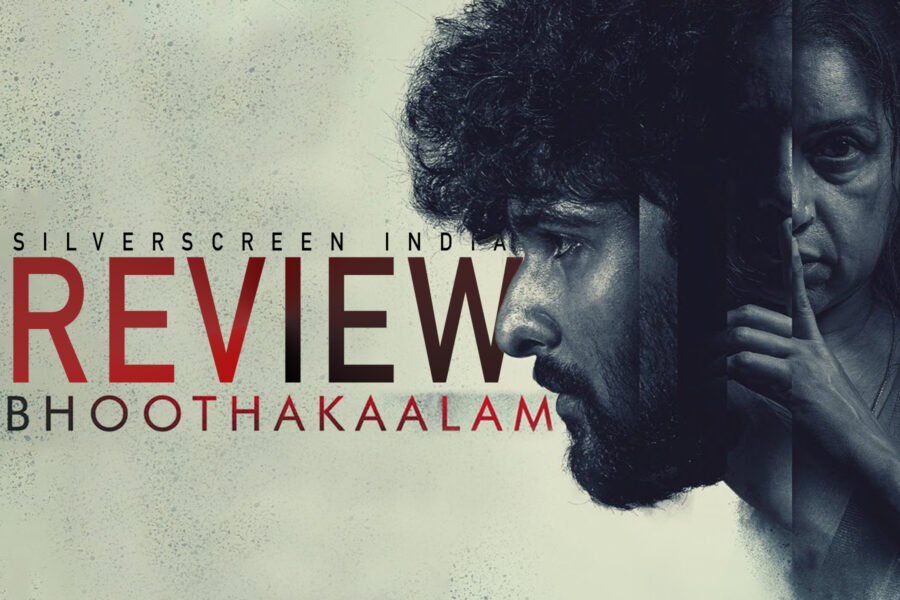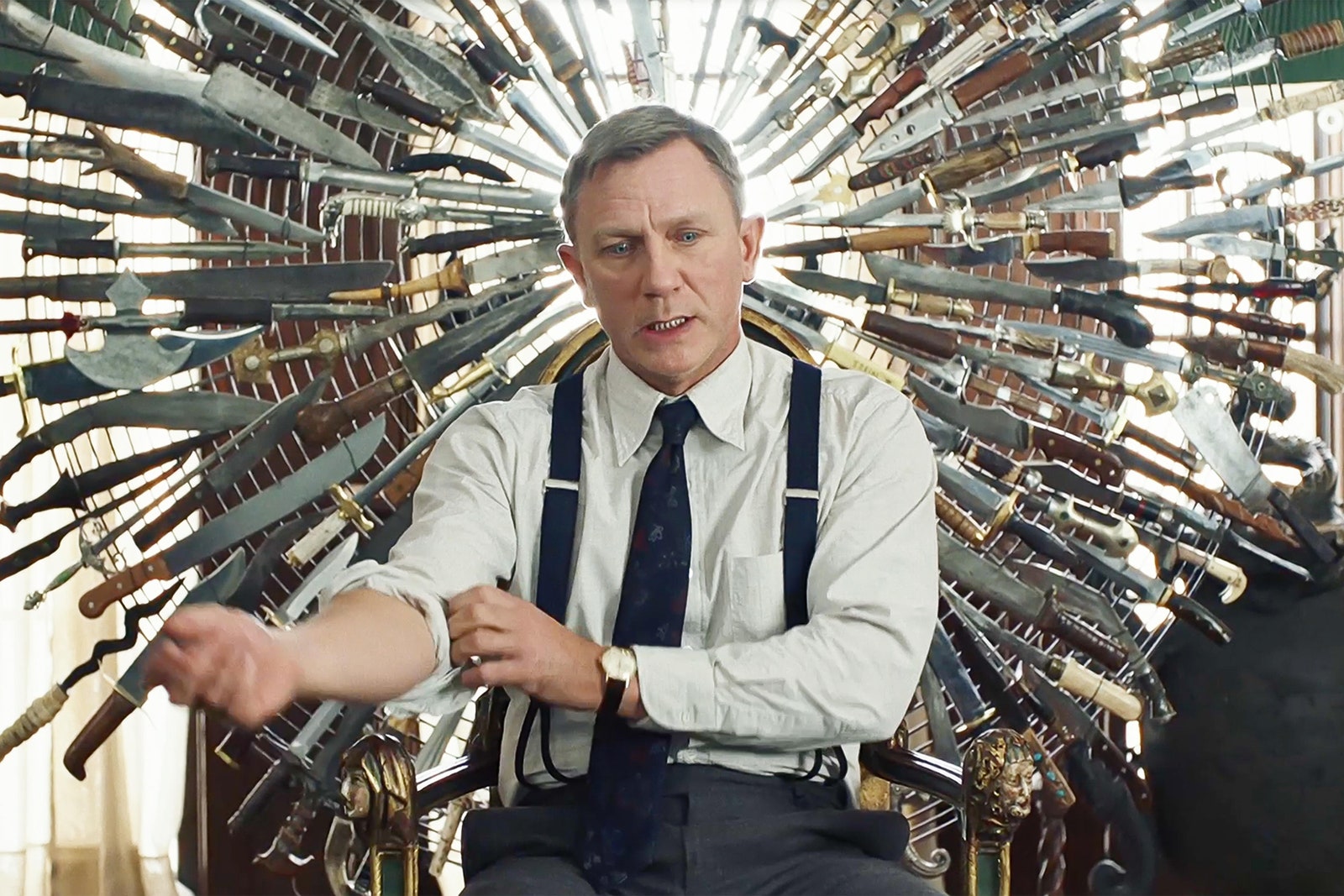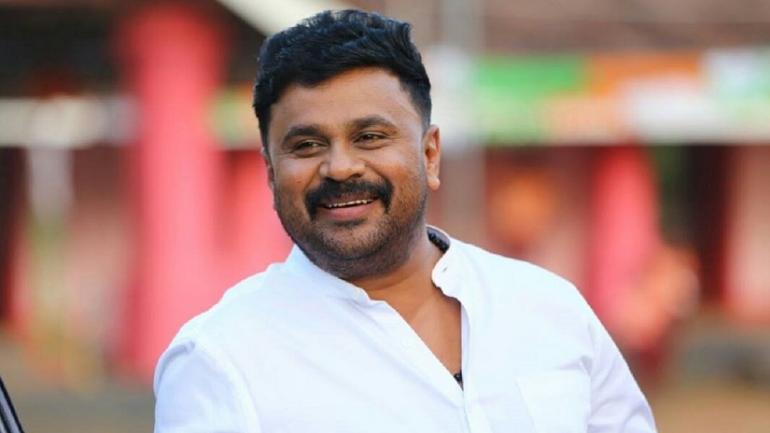Spoiler Alert
Nightmares happen in Bhoothakalam (streaming on SonyLIV) much before the supernatural forces appear on the screen. Asha (Revathy), a single mother struggling with clinical depression and financial difficulties, rushes home to draw the curtains close and lock the windows and doors when a neighbour poses awkward questions about Vinu (Shane Nigam), her 28-year-old unemployed son. The outside world, for Asha, is a demon waiting to pounce on her.
A terrific antithesis to conventional horror movies that dwell on the fear of death – human beings against the supernatural – Bhoothakalam, directed by Rahul Sadasivan, builds itself on the fear of living. Throughout the film, he drops hints about an apparition lurking in the shadows inside the house. But the family’s gradual fall into social abjection should frighten the viewers more.
Rahul Sadasivan, also the film’s co-writer, narrates a generic story with a depth that a commercial horror drama rarely aspires to. His technique is gorgeously minimal. Shehnad Jalal’s slow tracking shots and gentle camera movements, aided by editor Shafique Mohammed Ali’s thoughtful and seamless cuts) are in great sync with the film’s sound design (Audiography by MR Rajakrishnan) that moves between stretches of heavy silence and Gopi Sunder’s muted background score that taps into the viewer’s primal fears.
Throughout history, cultures across the world have tried to link mental illnesses to supernatural theories, due to a lack of understanding of the complex nature of the human mind. Cinema and literature have, time and again, brilliantly conflated psychology and occult. In classic movies like Rosemary’s Baby or the more recent Hereditary, the line between a mother’s psychological aberration and a supernatural intervention is blurred beyond recognition. Three decades after its release, Fazil’s Manichithrathazhu (1993) continues to fascinate the viewers with its ambivalent presentation of the paranormal. In the final scenes, the film attributes the strange occurrences in its central location, a mansion, to the mental illness of Ganga (Shobana). But the cornerstone of Manichithrathazhu is its gripping depiction of the fear of the unknown.
What happens in Bhoothakalam is somewhat the reverse of Manichithrathazhu. Relatives, friends and neighbours look at Vinu through the prism of a family history of mental illnesses, thus ignoring his pleas to save him from a demonic force. The people around them do not treat the mother and the son with blatant callousness but a coldness that is, in effect, as damaging. The film’s prime antagonist is this lack of empathy.
Vinu’s physical and emotional transformation from an introverted young man to a complete abject person is superbly etched out. In a defining scene, he urinates on himself in public. Besides the humiliation, what dawns on him, and the viewers, is his fatal loss of control over himself. Shane Nigam, Malayalam cinema’s poster boy for reckless modern youth, revives himself as an actor and finds new heights in Bhoothakalam. At par with him is Revathy, the veteran actor. Signs of clinical depression are palpable whenever Revathy appears on screen, even when she is sitting still. Together, they create a performance synergy that contains great vulnerability and an all-destroying force.
The film’s dialogue displays beautiful restraint. In brief, but powerful lines, Rahul composes the cathartic final dinner table scene where the mother and the son rediscover their love for each other in misery. The scene is followed by a fascinating shift in the film’s tone. A dead family from the house’s past ﹣ bhoothakalam ﹣ come out of the shadows, as though they are envious of Asha and Vinu finding the tenderness which they couldn’t when they were alive. And Rahul and his team achieve the horror effect without drastically changing their minimalist approach.
Interesting shifts in perspectives occur throughout Bhoothakalam. Despite the horror showdown, the director leaves breadcrumbs for a viewer to imagine the whole supernatural part of the film was a stand-in for something else. When Vinu tells Asha he is worried about the next tenants of the house, is he comparing the state of lovelessness and loneliness to a physical space they just moved out of?
Recommended
Telling off the doctor (Saiju Kurup) who asked him about the rumours around the house, the owner of the property and a bereaved father says, “Isn’t it just a structure made of brick and cement!?” Unhealing grief from the death of a loved one, he knows, is a far worse place to reside than a house haunted by the ghost of a stranger. In the age of advanced digital technology, Bhoothakalam goes back to the fundamentals of storytelling, to say that poetics, not CGI, creates the best kind of horror.
*****
This Bhoothakaalam review is a Silverscreen original article. It was not paid for or commissioned by anyone associated with the movie. Silverscreen.in and its writers do not have any commercial relationship with movies that are reviewed on the site.



